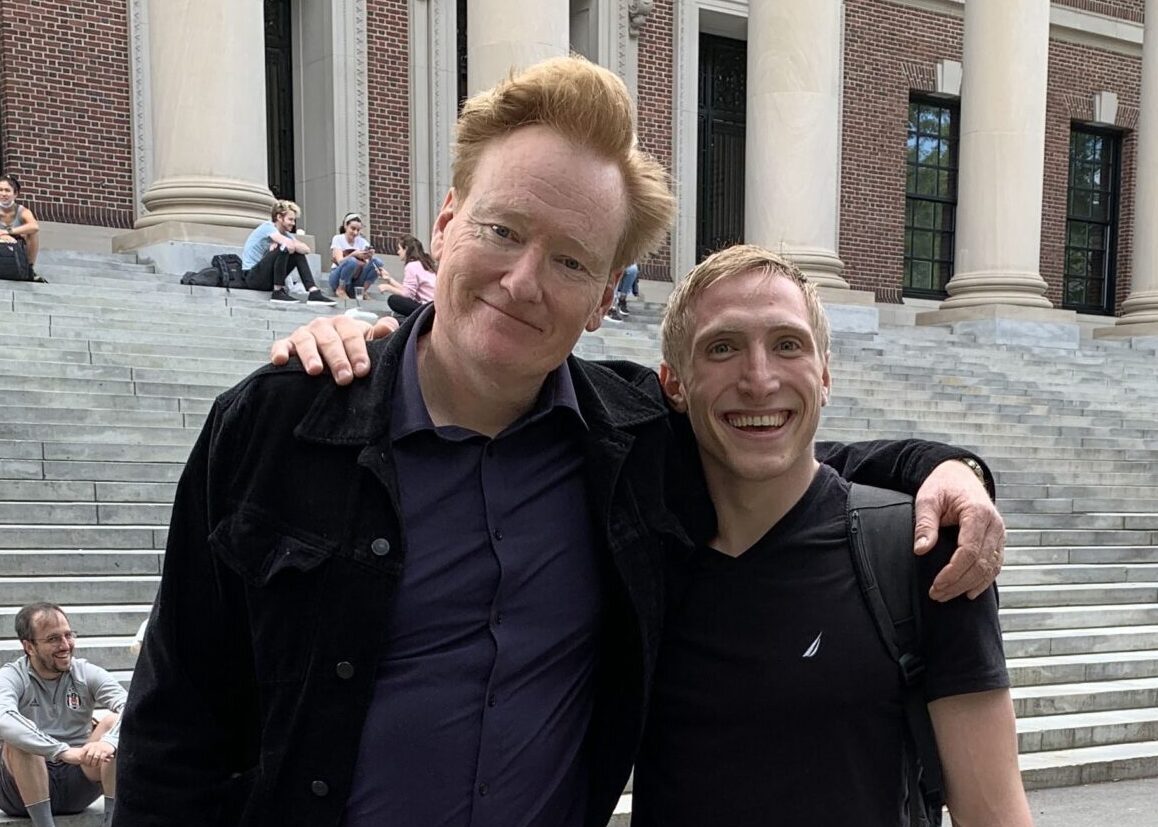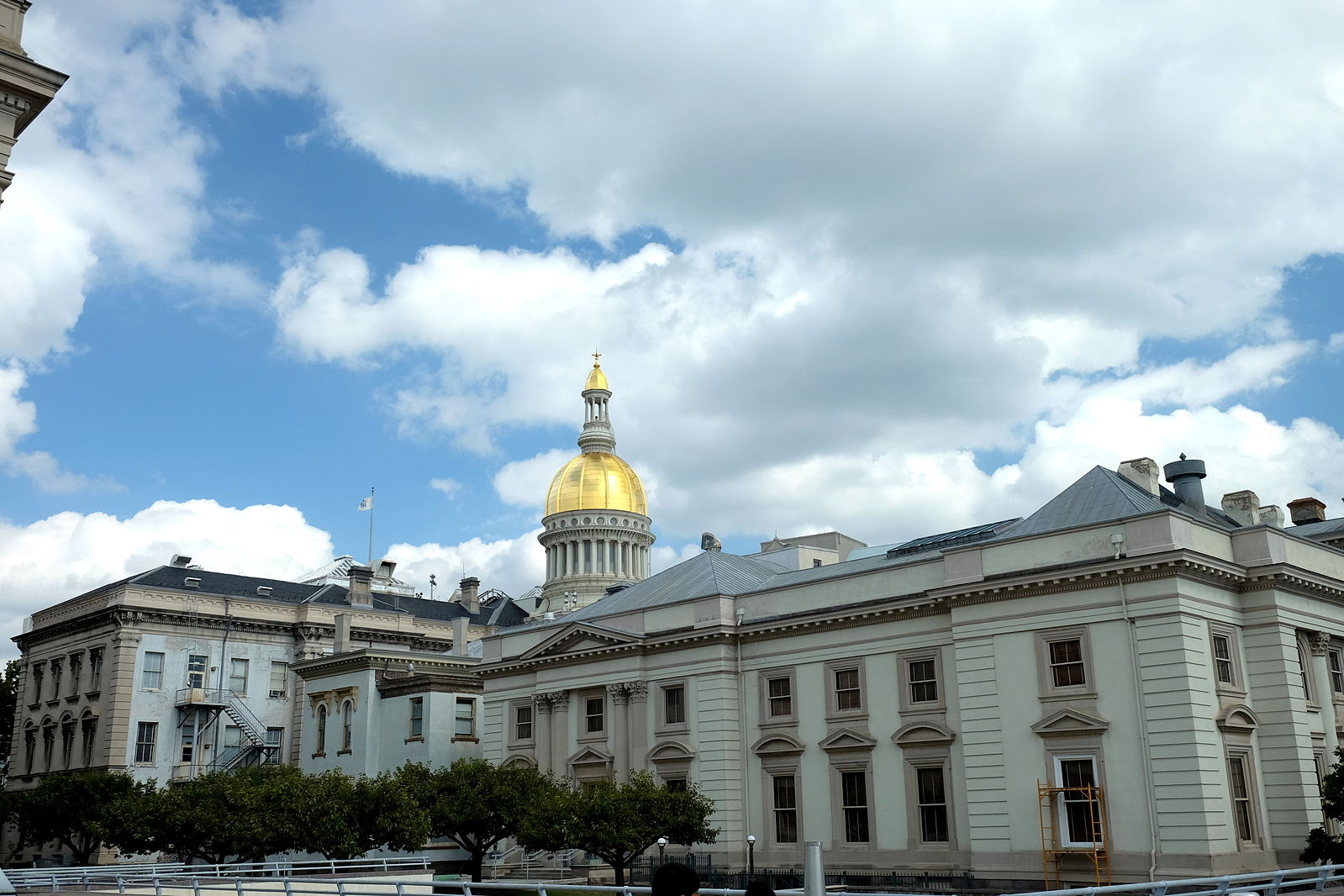
Greg Volynsky is a student at Harvard Law School.
In today’s News and Commentary, New Jersey advances a temp worker rights bill; Johns Hopkins doctoral students join a wave of unionized graduate students; canvassers systematically misrepresent a petition for a veto referendum on the California fast food workers bill; and strikes continue in the UK.
The New Jersey Senate approved a bill that would guarantee temp workers the same wage as ordinary workers, and create new transparency requirements for employers hiring temp workers. The bill passed the state Assembly four months ago, but voting in the Senate was postponed four times as business groups and temp agencies lobbied against it. Governor Murphy vetoed an earlier version of the bill, but is expected to sign the narrower measure into law.
On Monday and Tuesday, doctoral students at Johns Hopkins University overwhelmingly voted to unionize. The vote comes less than a month after Yale graduate students voted to unionize by a 10-to-1 margin, and Northwestern students voted to unionize by a 14-to-1 margin. In other graduate-student news, nearly 750 Temple University graduate students went on strike.
Governor Newsom signed the FAST Recovery Act in September, which would create a council to oversee labor practices in the fast-food industry. Last week, industry groups announced they had secured enough signatures to mandate a veto referendum. The L.A. Times reports canvassers systematically misrepresented the referendum petition to potential signers. Any canvasser who “intentionally makes any false statement concerning the contents, purport or effect of the petition” to potential signers commits a misdemeanor.
In the UK, strikes continue. The UK Department of Education estimates that more than 50% of state-funded primary and secondary schools in England are restricting attendance, including 8.9% of schools that are fully closed.






Daily News & Commentary
Start your day with our roundup of the latest labor developments. See all
January 7
Wilcox requests en banc review at DC Circuit; 9th Circuit rules that ministry can consider sexual orientation in hiring decisions
January 5
Minor league hockey players strike and win new deal; Hochul endorses no tax on tips; Trump administration drops appeal concerning layoffs.
December 22
Worker-friendly legislation enacted in New York; UW Professor wins free speech case; Trucking company ordered to pay $23 million to Teamsters.
December 21
Argentine unions march against labor law reform; WNBA players vote to authorize a strike; and the NLRB prepares to clear its backlog.
December 19
Labor law professors file an amici curiae and the NLRB regains quorum.
December 18
New Jersey adopts disparate impact rules; Teamsters oppose railroad merger; court pauses more shutdown layoffs.